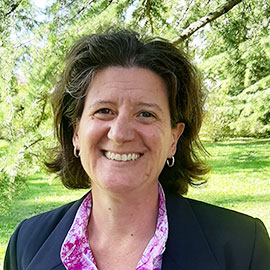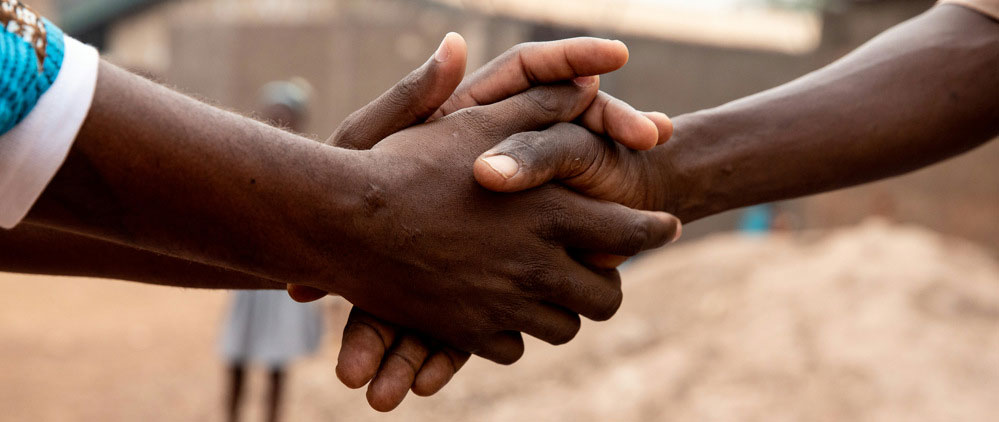
Fondation Hirondelle has always prioritised working with partners and be part of networks. Our partnerships are many and varied, but are always based on our values: proximity, pragmatism, dialogue, independence and accountability. Fondation Hirondelle is an operational organisation rather than an agency that provides funding to partners and local media.
The networks of which Fondation Hirondelle is a member belong to the journalistic activity and the humanitarian/development/peace-building nexus. Fondation Hirondelle joins these networks to share its experience, learn from its peers, and contribute to advocacy efforts in support of independent media and information, key players in achieving the development goals of the 2030 Agenda.
PARTNERSHIPS
1. Institutional partners
This type of partnership consists of an institutional agreement with a cooperation agency, government or private foundation that provides support and funding on the basis of our strategic program. Our only current partnership of this kind is with the Swiss Agency for Development and Cooperation (SDC), which provides us with a core contribution for the implementation of our programme. This institutional partnership has been in place since 2013, and Fondation Hirondelle is the only NGO specialised in supporting media and news in crisis situations to have such a partnership with the SDC.
2. Media partnerships
Closely linked to our mission and activities, media outlets represent the largest of our partner groups. By working with local media, we ensure that editorial decisions are as closely related as possible to people’s news needs, and that development and goals reflect local realities (security, economic opportunity, human skills and logistical capacity).
This category of partners is divided into 3 groups:
- Local media, which we support and which are partners in projects focused on strengthening this/these structures, as in Tunisia (around 20 media partners); Frontier Myanmar in Myanmar, Studio Sifaka in Madagascar; and in Ukraine(around 20 media partners). These media produce and broadcast their own content. The number of media partners in each country ranges from 1 to 20. Each partnership is unique, but they all share a focus on strengthening editorial skills and providing equipment and training depending on partners’ needs.
- Local broadcast media partners such as with the Sahel studios, production studio in the Democratic Republic of Congo, and Radio Ndeke Luka, which expand the reach of our content. We are linked to these numerous media outlets by a partnership agreement that defines the conditions and methods of broadcasting our radio programmes. As well as receiving payment for broadcasting news and other programmes, media outlets can benefit by receiving equipment and training in journalism, technical maintenance and media management, according to each project’s requirements and resources.
- Global media, historical partners and content sharing partners. From the outset, the Radio Télévision Suisse (RTS – the Swiss public broadcaster) has been committed to supporting Fondation Hirondelle. The two organizations share the same values of public service and journalistic professionalism, and many of the trainers, coaches and experts who have worked for Fondation Hirondelle come from RTS. In 2025, RTS and Fondation Hirondelle renewed a partnership agreement that began in 2011. Since 2020, the Courrier International newspaper and Fondation Hirondelle have agreed to reprint articles from Fondation Hirondelle media. Studio Yafa in Burkina Faso and Studio Kalangou in Niger regularly feature in the newspaper’s Africa pages.
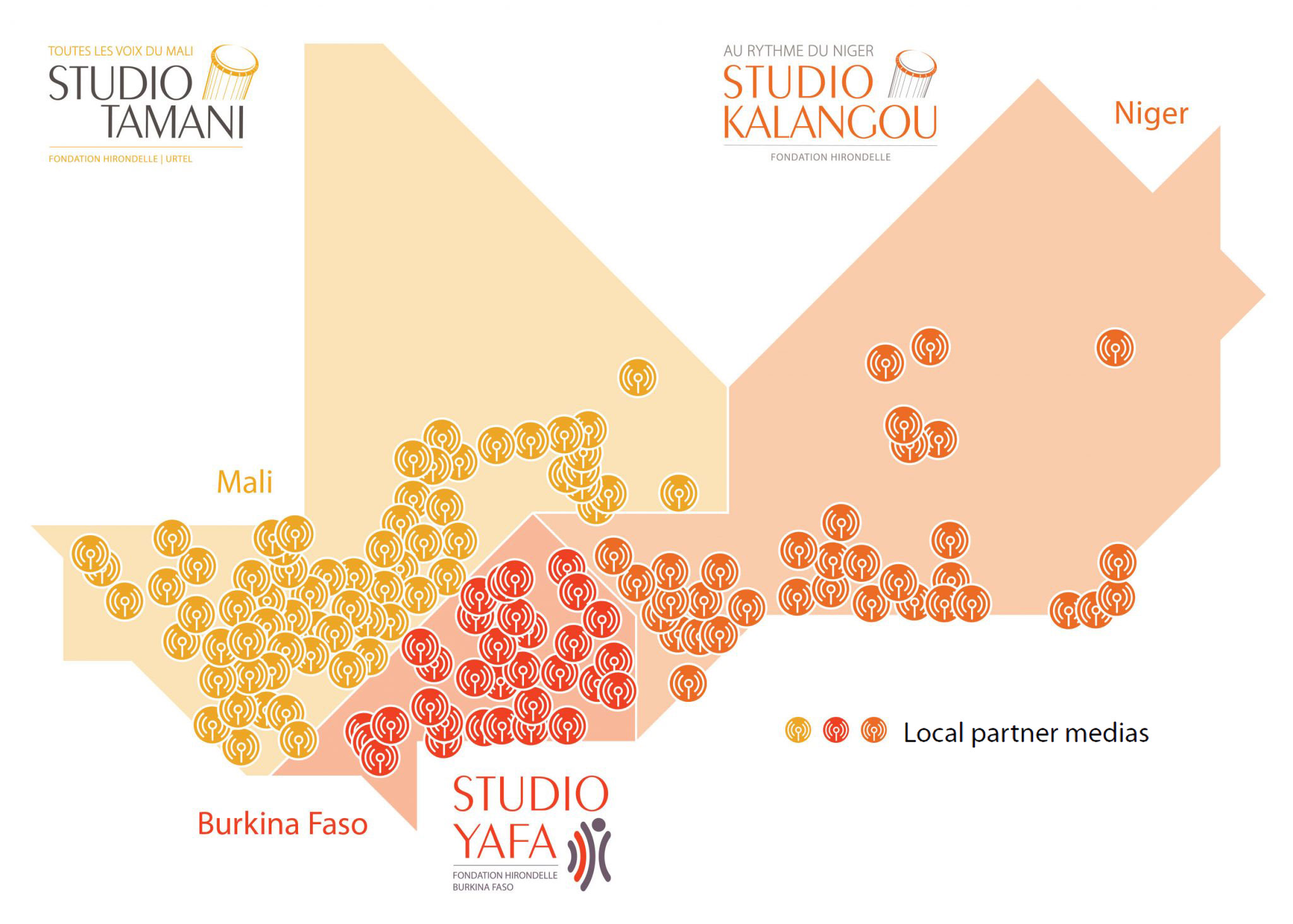
3. Operational partnerships
These partnerships consist of close ties with organisations working towards goals similar to our own. Such organisations may be NGOs, academic institutions or research centres. Operational partnerships may be formed ad hoc for a specific project, in consortium, or for an indefinite period of time, but are always outlined in a contract or Memorandum of Understanding (MoU) stating the common goal and the responsibilities and roles of each partner in attaining objectives. These agreements may be signed and managed by our headquarters, or by representatives in the field in the case of certain projects.
3.1 Partnerships signed and managed by our headquarters:
Current:
- MoU with the ICRC for joint action on information and human security
- MoU with DCAF for joint action on information and security sector reform
Past or ad hoc:
- MoU with Interpeace for joint projects aimed at sustainable peacebuilding
- Ad hoc agreement with the Universities of Sheffield and Michigan for studies and research
- Agreement with the UK’s Institute for Strategic Dialogue (ISD) for disinformation analysis
Examples of partnerships signed and managed in the field for project implementation:
- Partnership agreement with IRMI in Ukraine
- Partnership agreement with l’URTEL in Mali
- Partnership agreement with FeRCAB et Ekolab in Benin
- Partnership agreement with Debunk for the Disinformation project in the Democratic Republic of Congo
3.2. Consortium membership
3.2.1. BRAVE MEDIA
Since January 2025, Fondation Hirondelle has been part of a consortium of nine partners working on the BRAVE (Building Resilient and Viable Media) project.
The consortium, led by BBC Media Action and financed by the European Union, is operational in over 25 countries across the world, and aims to increase the resilience of media ecosystems worldwide, through providing capacity strengthening support and sub-grants to 40 independent media outlets and sector support organisations, and testing innovative solutions.
Fondation Hirondelle’s role in the three-year project will be to provide grants and demand-led mentoring and training support to six media outlets and three media support organisations in Benin, Cameroon and Mali. We will also be piloting an approach to increase media viability in Benin through developing a coalition of research, media and advertising agencies.
Consortium members’ presentations :
- Lead : BBCMA : will focus under this FFPA on Ethiopia, Sierra Leone, Zambia, Afghanistan, Bangladesh, Indonesia.
- ARIJ – Arab reporters for investigative journalism (network of Arab journalists and media –Connect media outlets with fact checkers. Focus on safety, and career safety.
- ERIM – Equal rights and independent media – media support, civil society strengthening and Human Rights (including through media and civil society together).
- Fondation Hirondelle
- IFJ – speaks for journalists in international networks– defence of press freedom, promote independent status of the profession, support journalists’ unions. Member organisation of trade unions. 100 years old.
- MISA – Empowering media freedom in Southern Africa – 8 southern African countries ; Media defence (regional media lawyers network) ; empowering grassroot voices, spaces for solidarity, regional coalitions.
- Samir Khassir Foundation – based in Lebanon, spreading the culture of democracy and supporting the growth of free press in the region ; monitoring of violation, combatting mis-disinformation, journalists safety, culture, award, media development (innovation, sustainability and integrity of media coverage).
- Sembra Media: improve media sustainability, teaching business skills to journalists – Latin America focus, digital native media.
- WAN-IFRA : international global organisation representation of media owners and publishers (represents 18 000 media in 120 countries) – media developing work, advocacy work, promoting independent media and the economic independence of media, business models. Has a for profit and not for profit arm.
3.2.2. Promoting and protecting democracy in Guinea-Bissau: freedom of expression and combating misinformation
Funded by the European Union, the 18-month project began in January 2025. It aims to:
- Improve the media environment by strengthening self-regulation and ethical standards
- Improve the safety of journalists
- Develop the capacities of journalists and media outlets in fact-checking and combating misinformation
- Raise awareness of the risks of misinformation among the general public, especially young people and women.
Fondation Hirondelle will be particularly involved in strengthening journalistic ethics and capacities:
- Training sessions on fact-checking, combating hate speech, etc.,
- In-situ coaching for the production of quality content.
Organizations involved:
- Media Foundation for West Africa (MFWA), lead partner
- Reporters Sans Frontières (RSF), partner
- Fondation Hirondelle (FH), partner
3.2.3. Media OS
The consortium is made up of CFI (lead partner), Fondation Hirondelle and Equipop. The consortium started work in September 2024, in three countries: Benin, Chad and Togo. The aim of the project, financed by the Agence Française de Développement (AFD), is to support the media in these three countries in the production and broadcasting of content enabling young people to access information, civic education and dialogue spaces that reflect their concerns and aspirations.
We aim to develop partnership agreements for projects with the relevant civil society organisations in order to improve the quality of specific content on topics such as the environment, education and human rights.
Here we not include paid service provider contracts (such as partnerships with UN agencies) or commercial partnerships with announcers such as those managed by the advertising service in the Central African Republic.
For questions or partnership proposals:
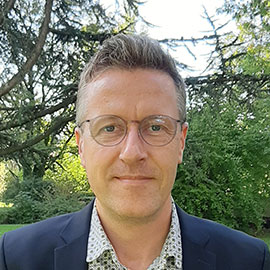
NETWORKS
Networks related to journalism
• Global Forum for Media Development
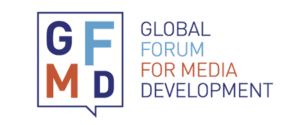
The Global Forum for Media Development is the world’s largest community for media development, media freedom and support for journalism. Through collaboration, coordination and collective action, the network of 203 member organizations – as well as dozens of partners – creates, promotes and implements policies and programs to support journalism as a public good.
The Secretariat of the Global Forum for Media Development carries out the activities agreed by the GFMD Steering Committee and General Assembly. Fondation Hirondelle has been a member of the GFMD since 2014. The General Director was elected to the Steering Committee in 2020.
• International Observatory on Information and Democracy
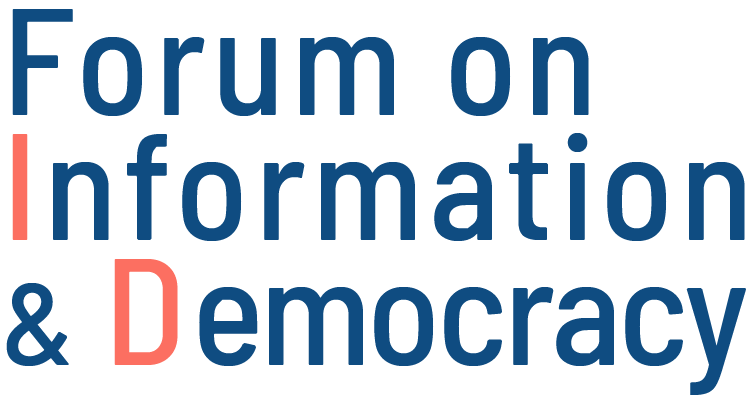
Launched in 2023, the International Observatory on Information and Democracy is an instrument of the Forum on Information and Democracy, and is intended to be the missing piece in an international architecture designed to resolve the current information chaos. Big web companies pose threats to democratic principles and public debate. The lack of a clear and shared understanding, and the complexity of today’s challenges, are hampering the ability of democratic states to address them. The Observatory aims to aggregate and synthesize existing research and provide policy-makers with a periodic global assessment of the information and communication space and its impact on democracy. Fondation Hirondelle is a member of the Observatory’s Research Laboratory (thematic working group), which defined the themes of the Observatory’s inaugural report.
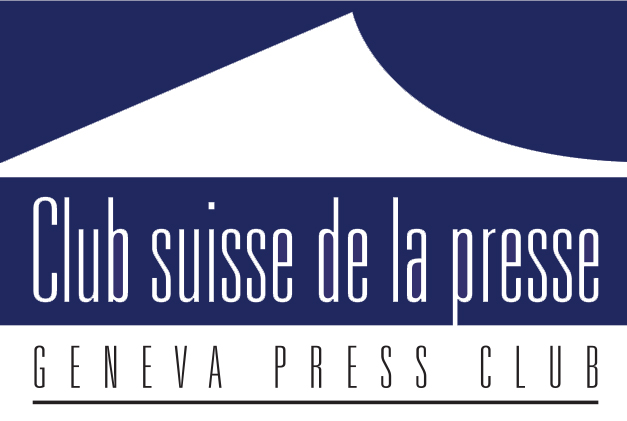
The Geneva Press Club‘s mission is to welcome and assist journalists visiting Geneva, and to promote exchanges between Swiss and international business, political, cultural and scientific circles, and the Swiss and foreign press based in French-speaking Switzerland and neighboring France. The Press Club also enables NGOs and representatives of civil society to meet the Swiss and international press. It has around 35 media members (newspapers, radio, TV), 70 collective members (public authorities, companies, international organizations, NGOs) and 300 individual members with voting rights. Around 800 people hold a Swiss Press Club individual card (450 journalists and 350 press attachés, publicists, PR people, diplomats and other personalities).
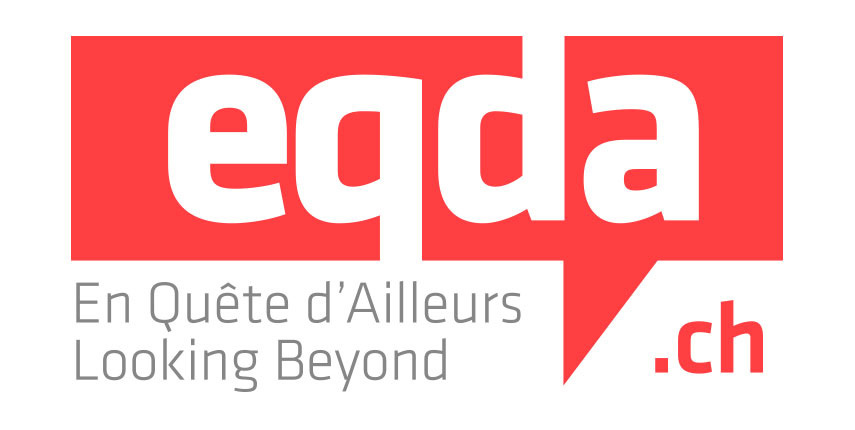
Fondation Hirondelle is a founding member of En Quête d’Ailleurs, an association whose aim is to bring together journalists from Switzerland and “Elsewhere”, to enable them to investigate a given theme in each other’s countries.
Networks linked to the humanitarian/development/peacebuilding nexus
• Fédération vaudoise de coopération (FEDEVACO)
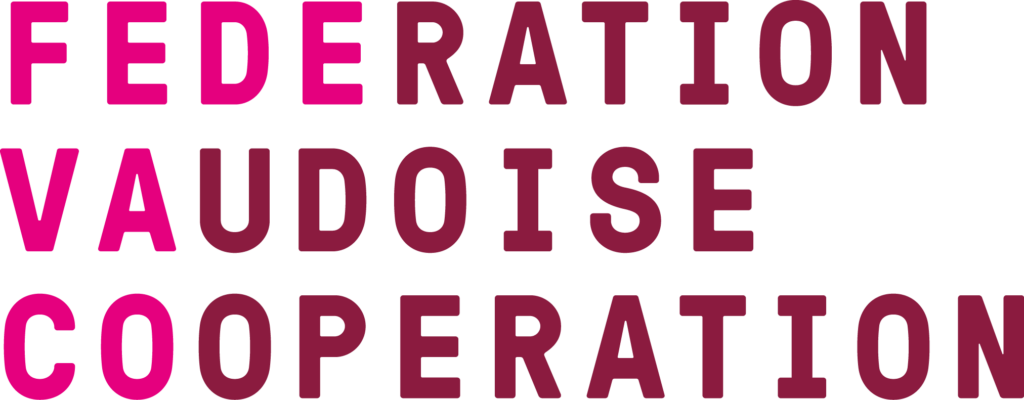
Fedevaco is the umbrella organization for 51 organizations organizations active in development cooperation, and for over 30 years has been placing its expertise and know-how at the service of public authorities. As a guarantor of the optimal and transparent use of public funds, Fedevaco acts as an interface between public authorities, its member organizations and their local partners. The Swiss Confederation, the State of Vaud and 50 communes in the Canton of Vaud have entered into a partnership with Fedevaco. Rich in the diversity of its members organizations, Fedevaco is a permanent hub for reflection and knowledge-sharing. Bringing together some fifty volunteer specialists and experts (together taking on some 4,000 hours of work), it deploys a dynamic associative life by offering spaces for training and exchange where everyone feels recognized and respected. It also offers a range of services, including personalized support from a group of experts. Fondation Hirondelle has been a member of the Fedevaco Board since 2016.
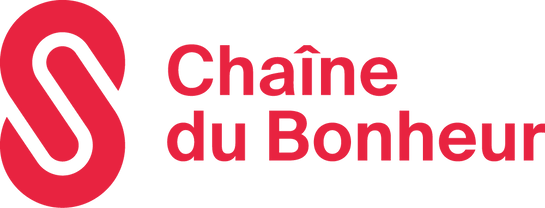
In conjunction with the Swiss public broadcasting service (SSR), Swiss Solidarity launches appeals for donations in the wake of major natural or man-made disasters, and organizes fund-raising days at national level. As soon as a major disaster occurs anywhere in the world, it launches an appeal for solidarity with the victims. The funds raised are used to finance emergency aid and reconstruction projects run by its 26 partner organizations.
• KOFF

KOFF is a well-established platform for exchange, dialogue and network composed of around 40 civil society organizations and 2 state organizations engaged in the fields of peace, human rights and development cooperation. Its objective is to contribute to the reinforcement, the visibility and the relevance of Swiss peacebuilding across the spectrum from fragility to peace.
• NGO Platform
The NGO Platform is an informal network of Swiss NGOs active in international cooperation. It promotes the exchange of information and the sharing of experiences.
• Humanitarian to Humanitarian – H2H Network
The H2H network aims to change the face of the humanitarian system, bringing more to people in need, by coordinating and pooling support and services between humanitarians. The H2H network brings together independent, high-quality humanitarian service providers. Members’ specializations fall into four categories: Data and Information Management; Community Engagement and Accountability; Security, Logistics and Program Support; and Quality and Sector Professionalization. All bring cross-functional technical expertise to the service of the humanitarian sector as a whole. The Director of Fondation Hirondelle has been a member of the H2H Board since 2023.
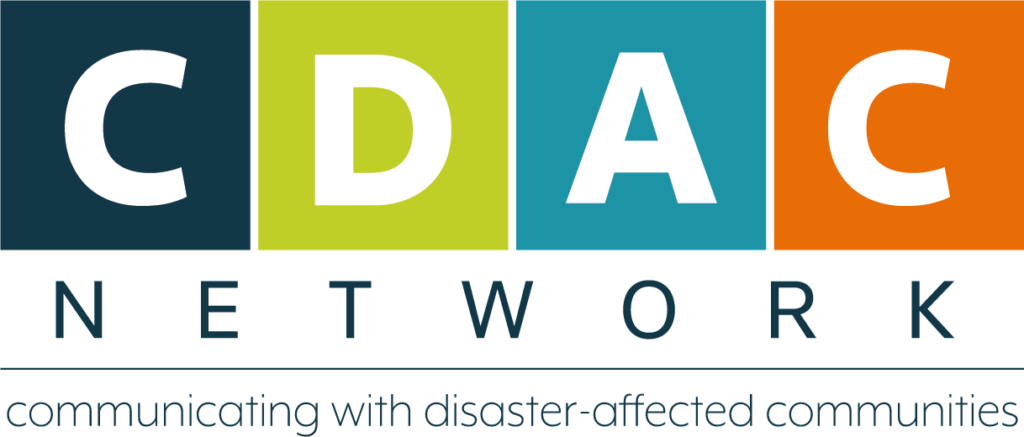
Founded in 2009, the CDAC (communicating with disaster affected communities) network is a global alliance of organizations working to ensure that people can access safe, reliable information and communicate during crises. Our network brings together UN agencies, the Red Cross and Red Crescent Movement, local and international NGOs, media development and communication specialists. All are committed to meaningful community engagement and greater accountability to those affected by crises. Together, we are committed to giving communities back the power to make decisions about humanitarian aid and development.
• Geneva Peacebuilding Platform – GPP
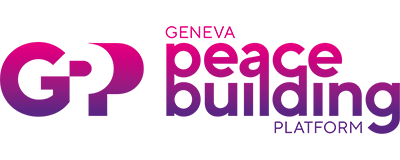
The Geneva Peacebuilding Platform (GPP) is a knowledge hub that connects the critical mass of peacebuilding actors, resources and expertise in Geneva and around the world. Founded in 2008, the Platform’s mandate is to facilitate interactions on peacebuilding between different institutions and sectors, and to promote new knowledge and a better understanding of peacebuilding issues and contexts. It also plays a creative role in building bridges between Geneva International, the UN peacebuilding architecture in New York, and peacebuilding activities in the field. The Platform network brings together over 4,000 professionals working directly or indirectly in peacebuilding. The Platform ensures a continuous exchange of information through seminars, consultations and conferences, and facilitates results-oriented dialogues on peacebuilding practices. Fondation Hirondelle is a member of the International Advisory Council (IAC), made up of a representative group of stakeholders from international Geneva with an interest and active role in peacebuilding. The Council represents academia, UN organizations, international NGOs, civil society, as well as representatives of the diplomatic corps and donors.
If you have any questions about our networks:
